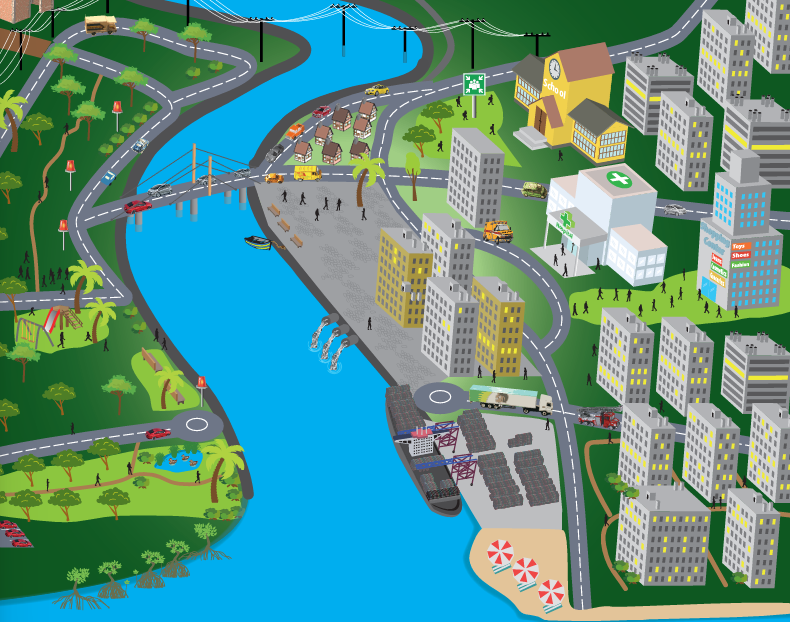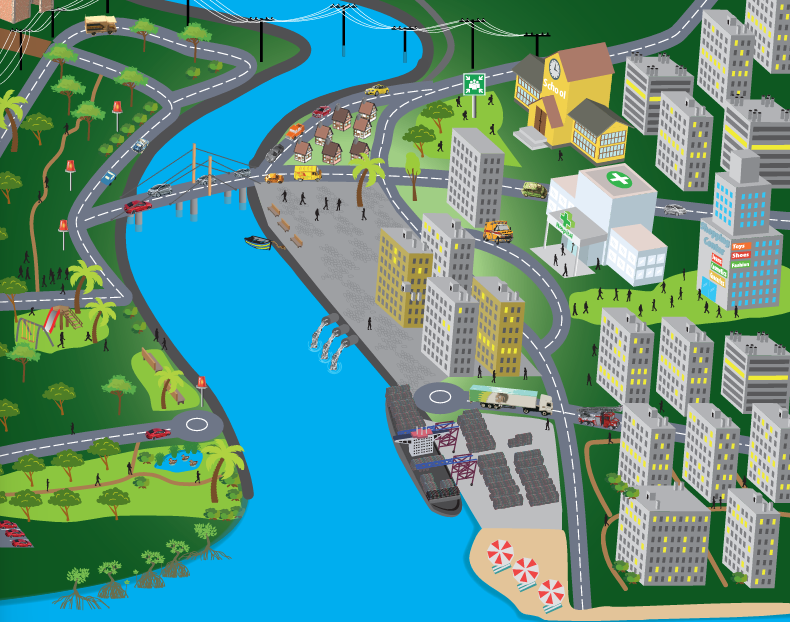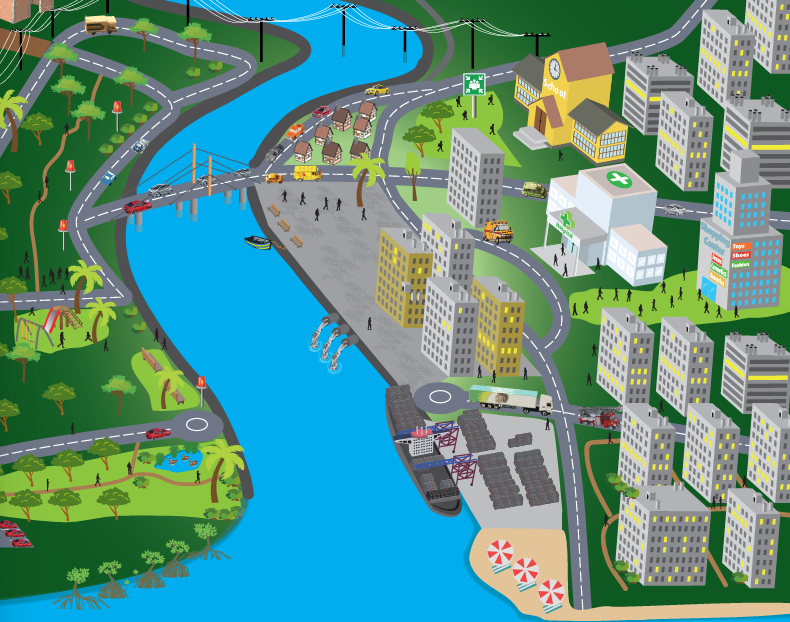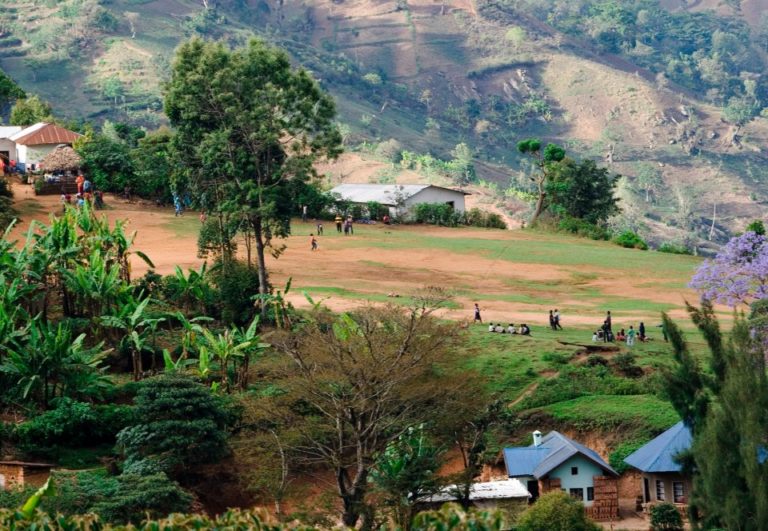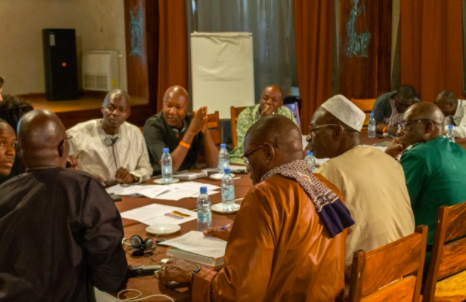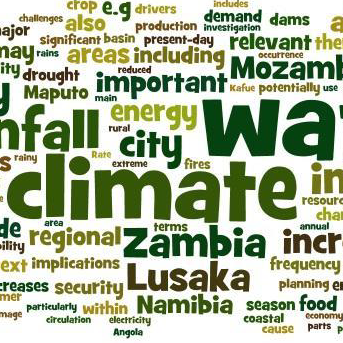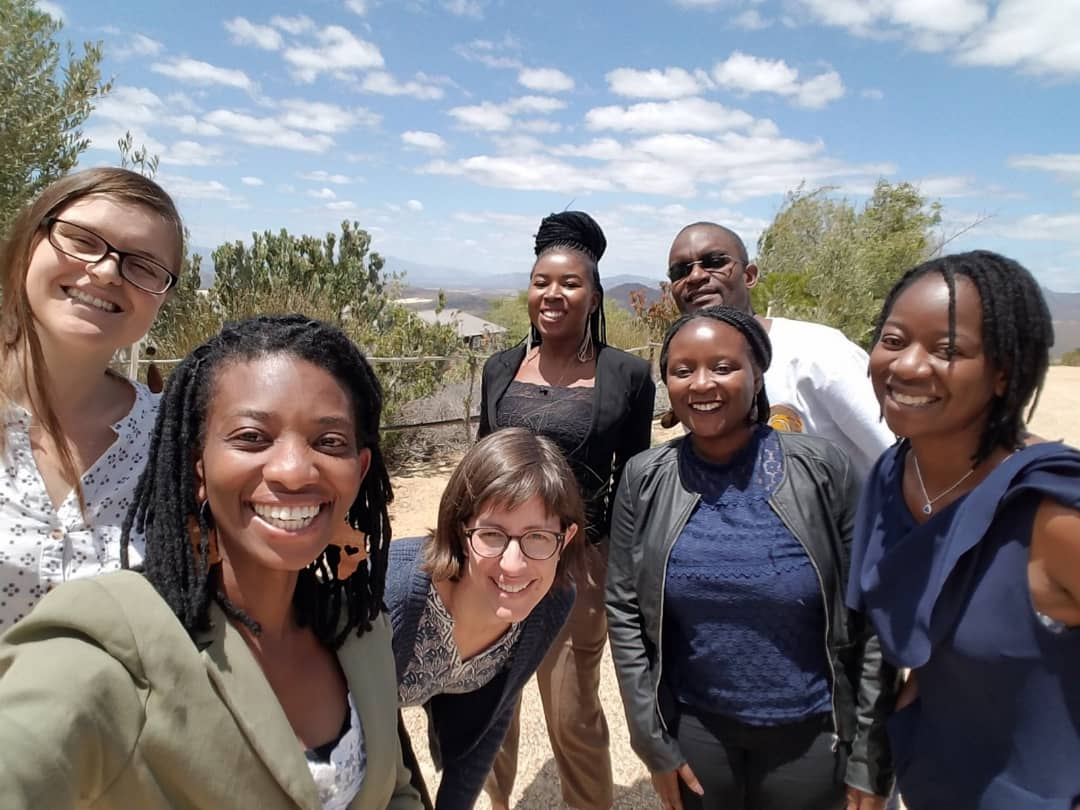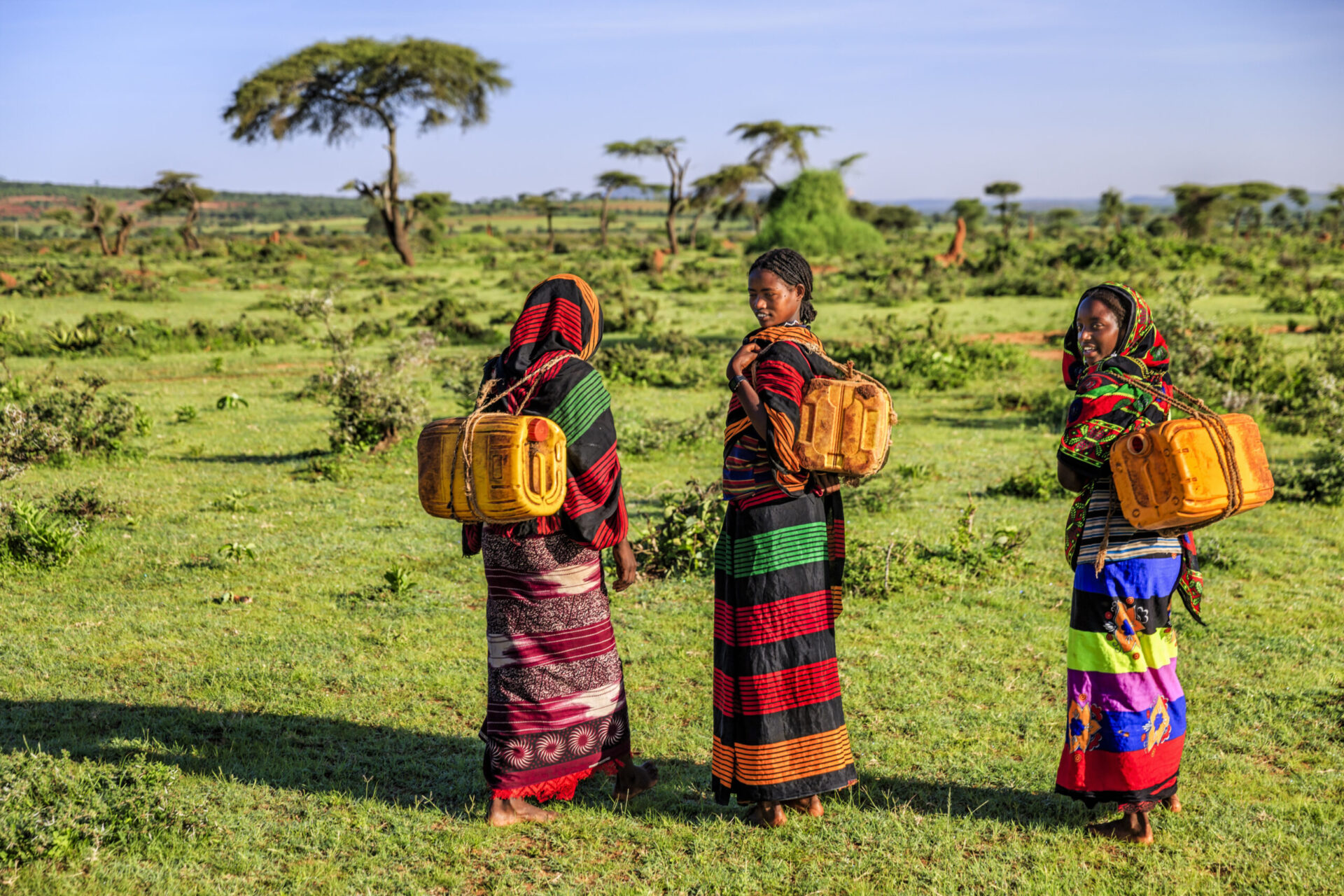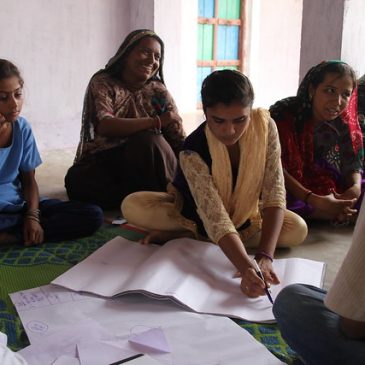Africa
Climate Services for Infrastructure Baseline Assessment Report for the Nile Basin Countries
This baseline comprises all available and desired Climate Service products for the water sector as well as an assessment of the state of the Climate Service infrastructure regarding the National Meteorological and Hydrological Services capacities and potential to generate useful and usable climate information products for water-related sectors.
Climate Service Action Plan for the Nile Initiative (NBI CSAP)
The primary purpose of the Action Plan is to help NBI position itself as a regional climate service provider for hydrological issues within its mandate. The Action Plan is envisaged to spell out key actions NBI needs to take in order to establish and further enhance its climate services to its member countries.
Capacity Development for the Execution of Climate Risk Assessment in the Nile Basin using the Public Infrastructure Engineering Vulnerability Assessment Protocol (PIEVC)
The purpose of the technical report series is to support informed stakeholder dialogue and decision making in order to achieve sustainable socio-economic development through equitable utilization of, and benefit from, the shared Nile Basin water resources.
Local costs of conservation exceed those borne by the global majority
Conservation interventions for the global good versus the costs to local livelihoods and welfare. An example from the Eastern Arc mountains in Tanzania.
A Critical Reflection on Learning from Future Climate for Africa
This article takes stock of the lessons emerging from FCFA’s collective experience in undertaking transdisciplinary research that can be used to inform future investments on climate and development.
Framework for needs-informed research: assessing climate processes
This paper presents a framework for needs-informed research aimed at understanding the climate processes driving the African climate system's natural variability and response to global change.
An Embedded Researcher approach to integrate climate information into decision making in southern African cities: lessons from FRACTAL
The overall aim of the FRACTAL Embedded Researcher project is to adapt southern African cities to function better and more equitably within both the present and the future climate.
Conducting Gender Analysis to Inform National Adaptation Plan (NAP) Processes: Reflections from six African countries
This briefing note describes the rationale and approach that NAP Global Network has taken in supporting NAP-focused gender analyses in six African countries.
Communicating climate change: A practitioner’s guide
This guide will help you explain to colleagues or the broader public how the climate is changing and what they can do about it. It includes insights from working in Africa, Asia and Latin America.
The IPCC’s 1.5°C Report: increasing risk of heatwaves in African cities
Suzanne Carter, CDKN Country Engagement Coordinator, highlights why we need to start seriously considering the risk of extreme heat in African cities, following the release of the IPCC’s 1.5 Report.

